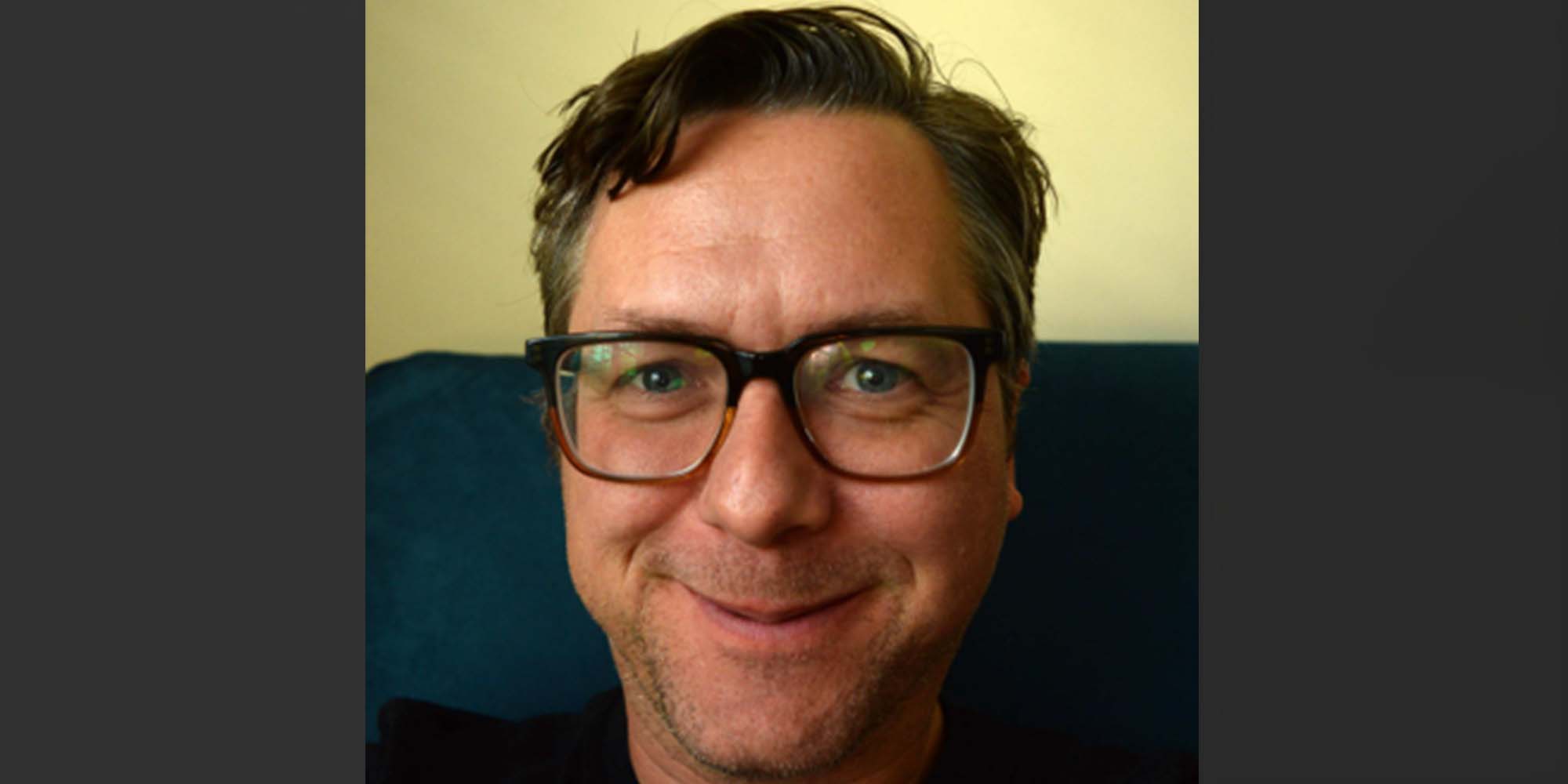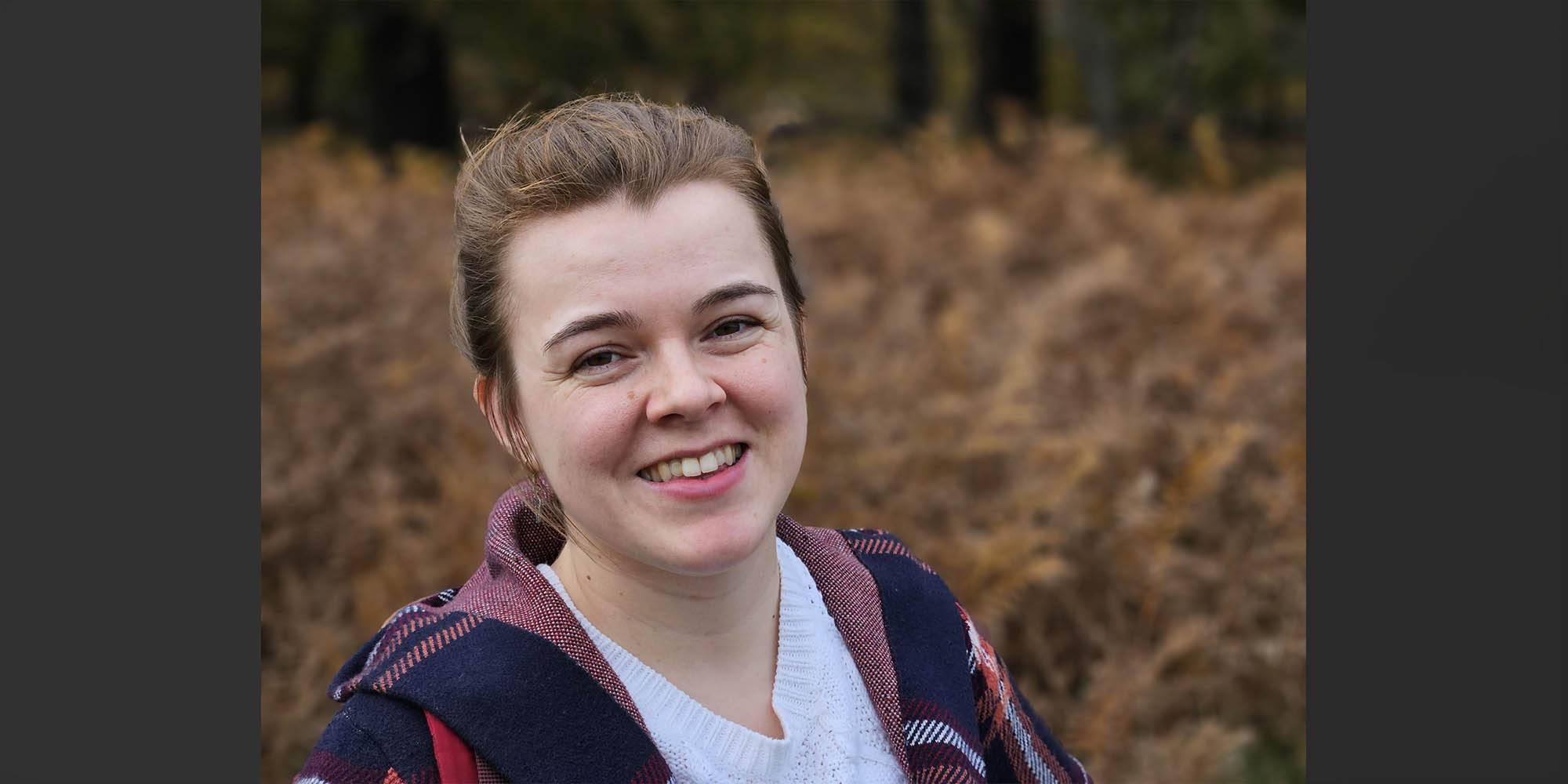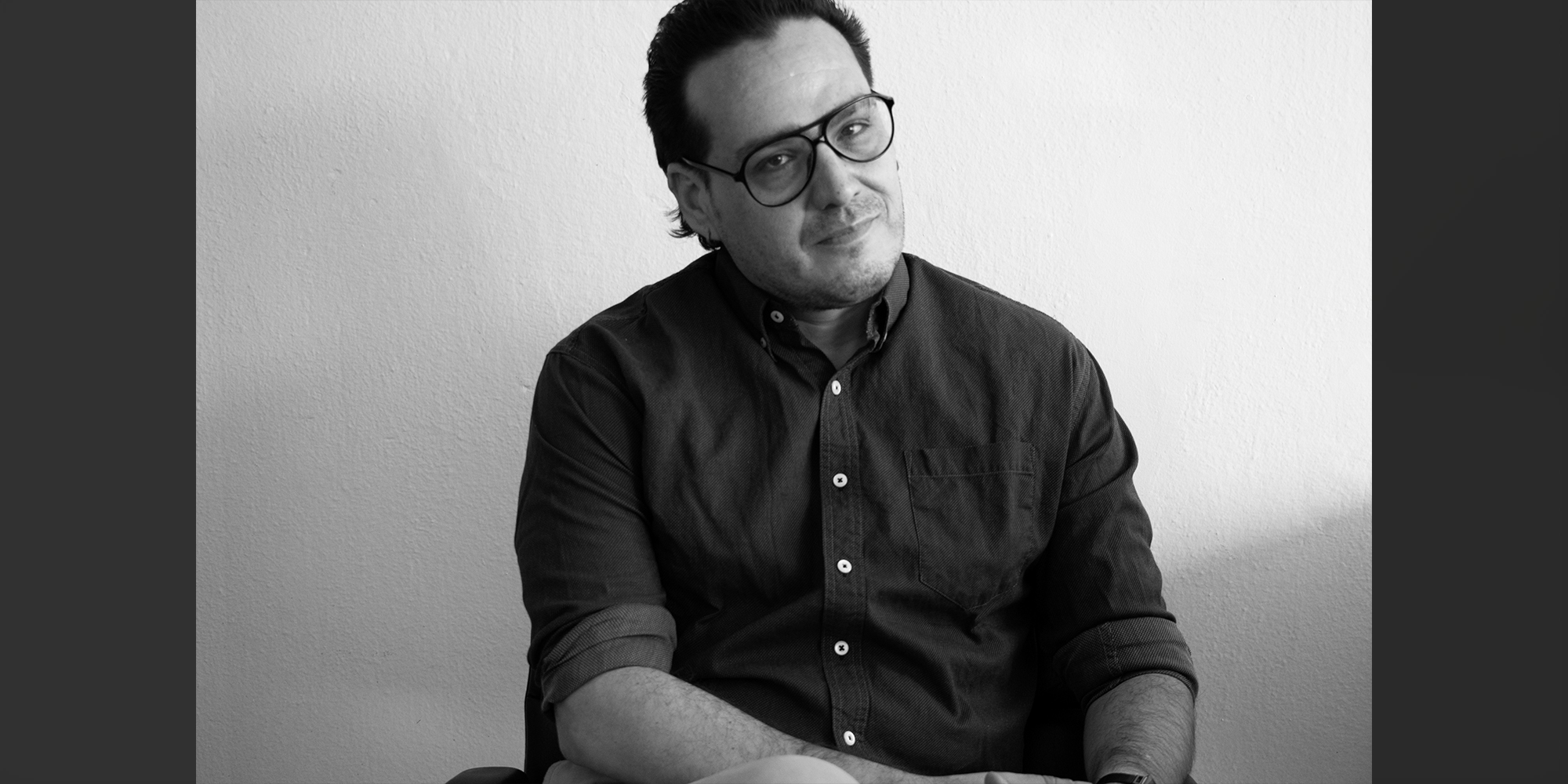Welcome to Media Matters, the Fublis interview series where we spotlight professionals shaping the media landscape, from journalists and editors to writers and content creators. Through in-depth conversations, we explore their journeys, insights, and expertise, uncovering the challenges and triumphs that come with working in media.
In this edition, we feature Jay Fox, a fiction writer turned consultant and technical writer, whose unique storytelling approach has influenced his work across various industries. Jay shares how his background in fiction enriches his consulting services, the art of crafting clear narratives in technical writing, and the balance between creativity and client expectations.
How does your background as a fiction writer influence your approach to consulting and technical writing?
Jay Fox: You need to tell a story. I often feel that one thing that’s missing from technical writing is that it lacks a narrative thread. This can work for a presentation, manual, or an academic article, where information is meant to be presented quickly and oftentimes as densely as possible. However, it does not work in a case study or a piece that is meant to be read at length. You flatten the significance of all the information, so nothing ends up standing out. The writing becomes difficult to absorb because it’s just a forest of figures and facts. To take this forest metaphor one step further, the writer’s job in these longer pieces is to cut a clear trail through the woods so that people can take in the surroundings and appreciate them without getting lost. I think writing fiction taught me how to create more interesting trails.
How do you tailor your writing and consulting services to meet the unique needs of each client?
Jay Fox: There are always two goals with any good piece of writing. The first is that you want to tell a good story. You want there to be a beginning, a middle, and an end. You want there to be a conflict. You want the protagonists to overcome that conflict. In a lot of articles, you want the audience to walk away feeling as though the conflict or conflicts that you described are surmountable. In the best-case scenario, you will provide some real-world advice about resolving the conflict. Even the most basic allegory works on this level.
The second goal is clarity or the proper use of language. What makes each of my clients unique is that they each have their own voice and they each speak their own language that is grounded in technical expertise. It doesn’t matter if that expertise is about psychiatry, building science, or jiu-jitsu. My job is to mimic that language to the best of my abilities, even though I do not actually have their technical expertise.
I should note that my use of the word “language” does not refer to something as broad as English or Hindi or Spanish or Chinese. Rather, it’s how they and others who share their expertise have used the linguistic tools available to them to express ideas that are very specific to their profession, passion, or discipline. There is an evolution within any specialized field when it comes to lexicon, syntax, and pragmatics, which effectively creates what you can think of as a professional dialect. As a writer, you need to learn this dialect and how to speak it fluently. If you fail to do that, they won’t take your writing seriously. They’ll recognize that you are an imposter.
The only way you can pick up the dialect is by reading a lot, and then working with someone who speaks it to edit your work.
What techniques do you utilize to stay creative, even when dealing with highly technical material?
Jay Fox: Reading fiction always helps. It helps me stay loose with the language that I use so that don’t start falling into rigid patterns. I also cook and noodle around on my guitar. Doing different creative tasks seems to keep my thinking elastic.
Can you describe your writing process? Do you follow a structured routine, or is it more spontaneous?
Jay Fox: It is completely spontaneous. I wish I could turn it into a formalized process. That would probably make it less time-consuming and more efficient!
What has been the most unexpected piece of feedback you’ve received about your writing?
Jay Fox: Nothing immediately comes to mind. I’ve had outside consultants defer to my expertise on certain points, and then I have to explain to them that I have absolutely no expertise and that I’m essentially an actor who just knows how to deliver lines. That’s always an awkward conversation.
What literary genres or styles do you find yourself gravitating towards the most?
Jay Fox: Literary fiction. I’m a huge fan of Jose Saramago, William Faulkner, Albert Camus, and Thomas Pynchon. Magical realism from Latin America is also really great—especially Roberto Bolaño. Fernanda Melchor’s Hurricane Season was one of my favorite books I’ve read in a bit.
I don’t read as much critical theory or philosophy as I once did simply because I spend all day reading really technical medical and engineering papers for work. By the time I’m done, my brain is usually struggling with information overload and the idea of picking up a very serious book seems overwhelming.
What motivates you to keep writing? And how do you feel your writing has evolved over the years?
Jay Fox: I don’t know what motivates me. It’s just what I do.
As for your second question, I’ve gotten a lot less concerned with writing flashy sentences with really clever turns of phrase and references or words that immediately send people to the thesaurus. I’m still fascinated with the artistry of English and its superfluity (there’s half a million words in the language!) but now my goal is clarity. Clarity is king in the world of technical writing.
What advice would you give to aspiring writers who are trying to break into the industry?
Jay Fox: It takes a lot of experience. I think that’s the lesson that I’ve learned repeatedly over the years. Talent can certainly go a long way with fiction or any kind or writing, but creating relatable characters and relatable narratives requires a lot of time at the computer or in front of your notebook. It also takes a lot of reading to see how others have successfully done it, and then learning from them.
There’s no shortage of people who can write, just as there’s no shortage of people who can run. However, doing either professionally takes a lot of training. It’s not for everyone.
I think another note for fiction writers is that you need interesting life experiences. If you’re a hermit who just reads books, then the pool of experience that you draw from is going to be based on fiction: your plots are going to be based on fiction, your characters are going to be based on fictional characters, and your characters’ conversations are going to be fictional. That’s not a good thing. You need to get out in the world and live a little dangerously, and then report back through your writing.
What has been the most rewarding project you’ve worked on as a writing consultant?
Jay Fox: The most rewarding project would likely be a book on medical marijuana. I consulted as an editorial assistant. It is an immensely complicated subject that people kind of write off because of its place with the U.S. culture wars and the legacy of the 1960s, and there is a lot of things that people believe about cannabis that aren’t accurate. It was really nice to revisit a lot of the assumptions (mine own included) about cannabis and to correct the record.
How do you strike a balance between staying true to your own creative vision and meeting the expectations of your clients?
Jay Fox: One of the expressions I like to say repeatedly is, “I’m a duck.” The idea is that criticism needs to be like water on a duck’s back. It just beads up and falls right off. In other words, don’t let criticism get beneath your skin.
This way, when I present my vision to my clients and they shoot it down or make serious changes to it, I just nod, smile, and then do what they want. The only time I push back is if their want to make something that is objectively incorrect or presented in bad faith. Luckily, that’s never happened!
For the full insights and in-depth discussion, please find the detailed one-on-one interview attached at the link below.




